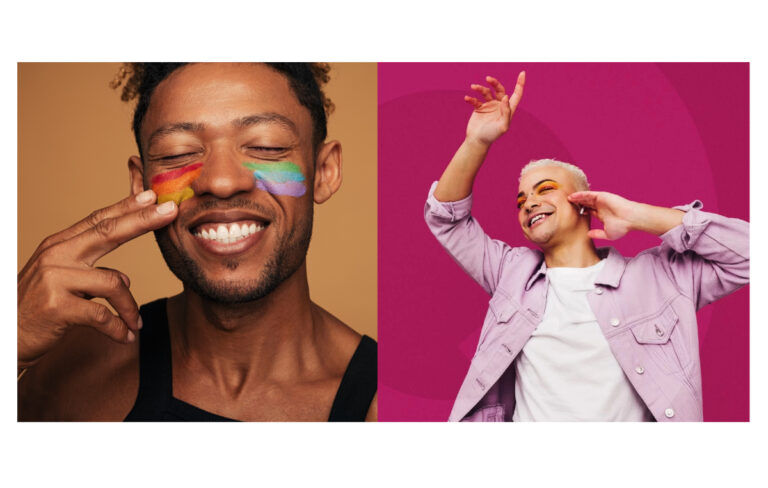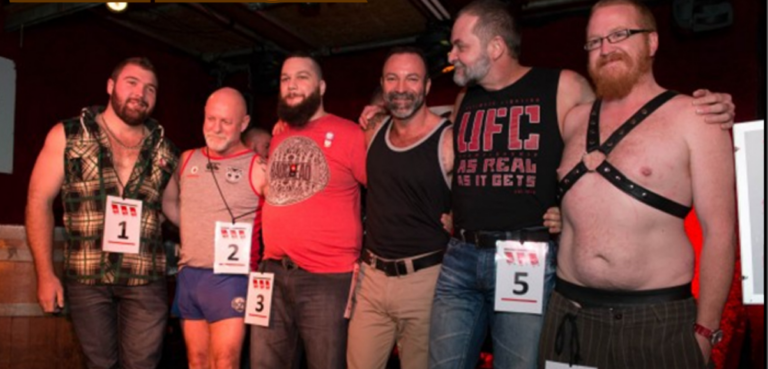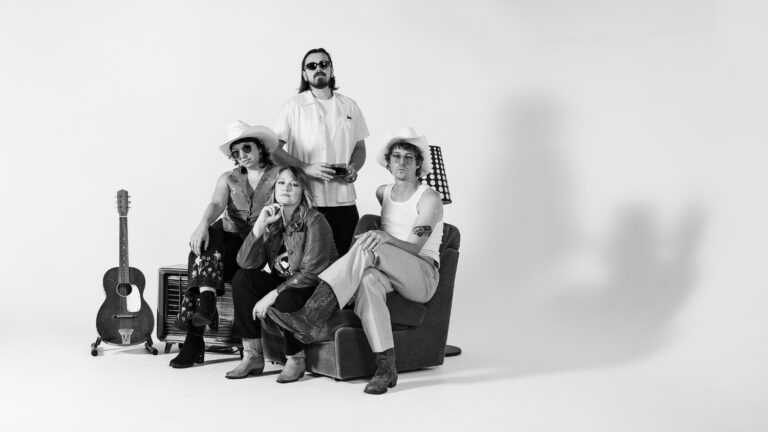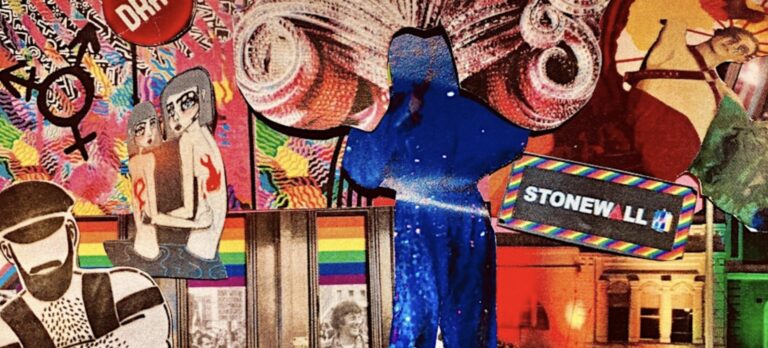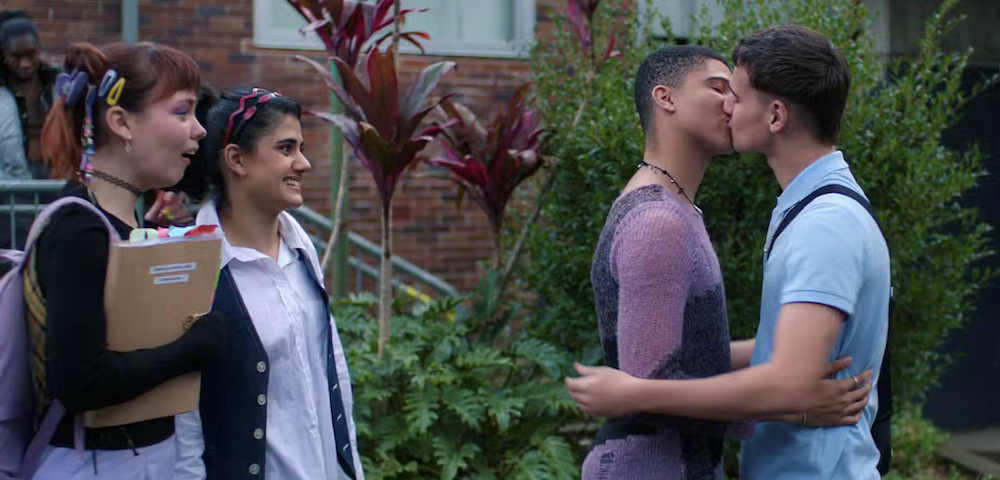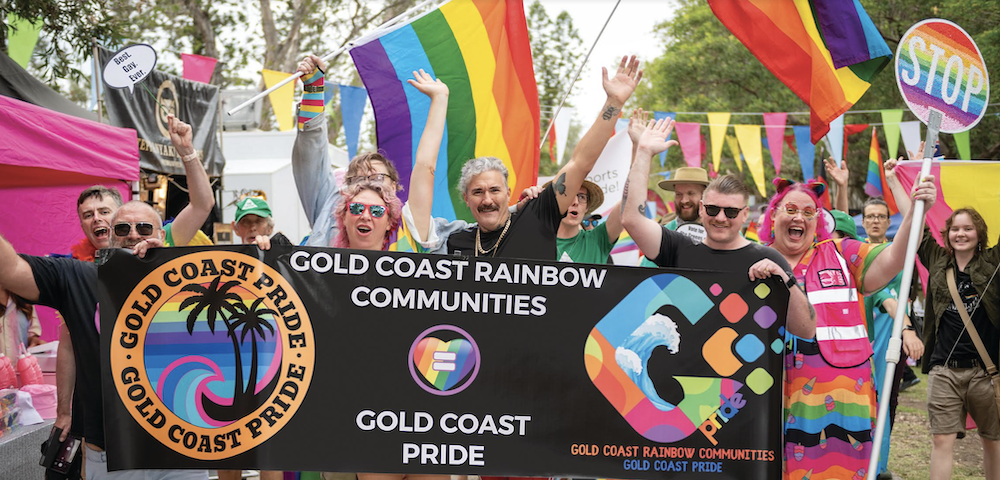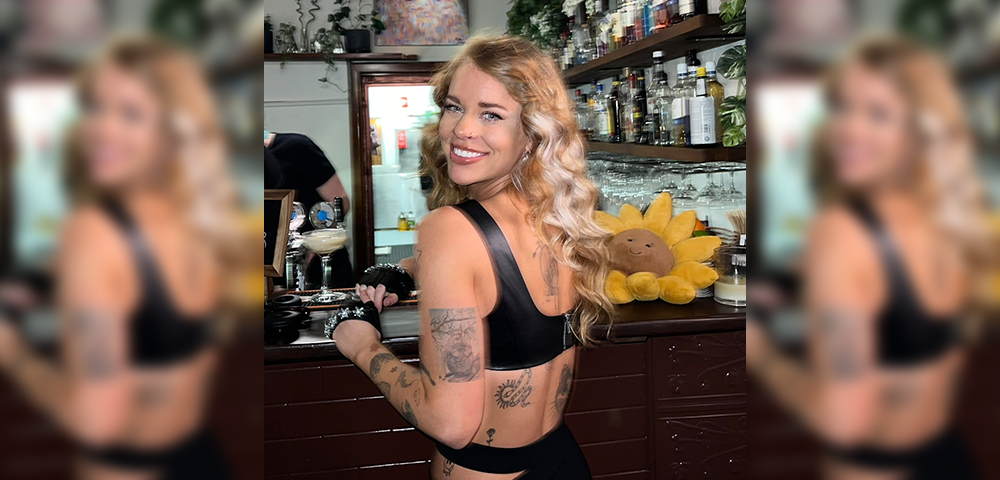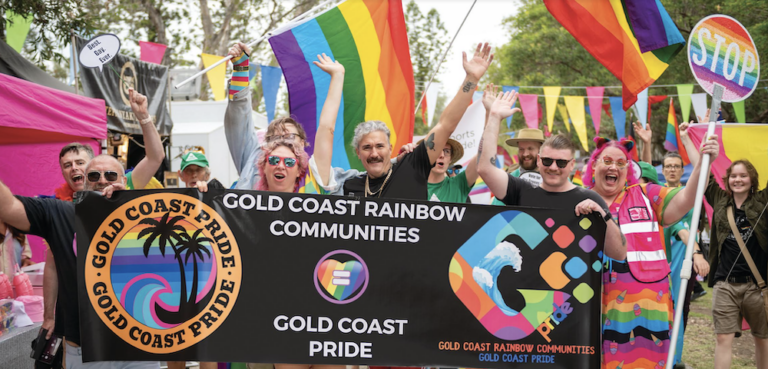
‘I knew people who were kicked out of the force for being gay’: former defence personnel
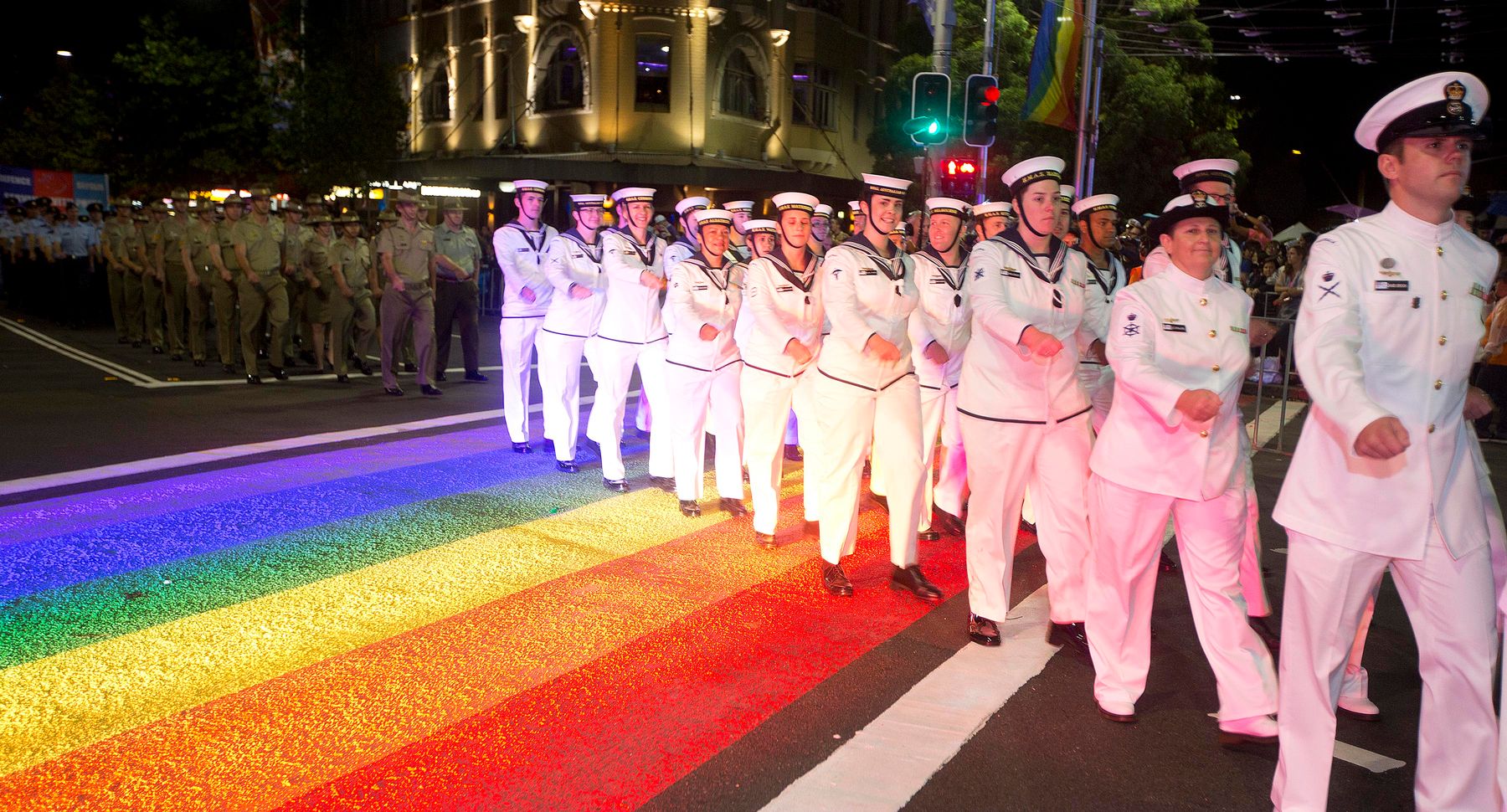
Bans on gay, lesbian, bisexual, and trans people from serving in the Australian Defence Force have been overturned, but their damage lives on. Matthew Wade reports on acceptance in the military.
***
If you were a gay man or lesbian woman serving in the Australian Defence Force before 1992, your sexuality was a tight-lipped secret.
Routine witch hunts, casual and overt homophobia, and the threat of being discharged kept queer defence personnel from disclosing their same-sex attraction.
When air force sergeant David Mitchell, who had been raised Catholic, decided to covertly speak with a priest about his burgeoning desires in the early nineties, he was sexually assaulted.
“I went home, got my rifle out, and put it in my mouth,” he says.
“I was going to kill myself. I even rang my mum to say goodbye.
“Thankfully, I got past that point.”
Mitchell says before the ban on gay and lesbian personnel was lifted, the air force police would frequently follow people they suspected were gay.
They would go undercover at gay night clubs and even stake out a person’s bedroom from their garden outside, with the sole purpose of catching them in the act.
“I knew plenty of people who were kicked out of the air force for being gay,” he says.
“Two of my friends were the police officers, and they used to talk about those kinds of investigations all the time.”
Once the ban on gay and lesbian personnel had been lifted in ‘92 by the Keating Government, Mitchell decided to start a gay and lesbian social support group within the defence force called G-Force.
He says he wanted gay and lesbian personnel in every state to know there were people there to help and guide them through the process of coming out.
They even had a float in the 1996 Mardi Gras parade.
However, he says that casual homophobia was and still is an important issue in the defence force.
“After the ban I worked in an air force base in Perth, and one of the sergeants in my office would always walk out whenever I entered the room,” he says.
“And when he had to use my phone he’d disinfect it first.
“The service has definitely come a long way since then, and I get young guys and girls shaking my hand and thanking me for my visibility, but there’s still a way to go.”
While Australia caught up with other countries around the world when it came to lifting the ban on gay and lesbian personnel in ‘92, it wasn’t until 2010 that the ban on trans people serving was lifted.
In the late noughties infantry officer Bridget Clinch began to realise her gender identity.
“I knew there was something going on but I didn’t know it was a thing,” she says.
“It’s hard to put your finger on it when it’s something so central to your being, especially when it’s something you’ve been conditioned and told to ignore and suppress.
“I didn’t really know if it was a legitimate thing, there was so much misinformation around at the time.”
She saw a medical professional who diagnosed her as having gender dysphoria, at which point she told the Australian Defence Force right away.
“I had been running my whole life and career up until that point at a reduced capacity,” she says.
“So I thought I’d address it and be authentic, because I thought it might be able to lift those barriers.”
After disclosing her trans identity, senior members of the force convened, before deciding to dismiss her with 28 days notice.
She was living in Wagga at the time as the provider for her family, which included a baby.
“The idea was that I’d be discharged in a month,” she says.
“As someone who was about to transition and lose their employment, it was a huge threat to my livelihood.”
The unfair dismissal fuelled Clinch to take action. She [figuratively] ripped the outdated policy document to shreds, drafting her own with the help of progressive policies that had already been adopted in the UK and Canada.
The draft policy, along with her response to the termination notice, were circulated in Canberra, ultimately sparking the ban on trans personnel to be lifted.
Clinch says she felt relieved, though believes there’s much more work to be done.
“They repealed the law, but they still stuffed me around with names, toilets, and misgendering me at work,” she says.
“Every little process I had to do in Australia had to go through a trial.
“They never admitted how much stress they put me under.”
Clinch says while bans on LGBTI people from serving in the Australian Defence Force have been lifted, a cultural shift is still required.
“I daresay we still have a long way to go, because the force is still resistant and risk averse,” she says.
“People that aren’t that well informed need to get informed or shut up, and we need the military to lay down the law and let people know that this is how society is now.
“The only way a cultural shift happens is with top down leadership, and they need to follow it through at every level.”
Serving in Silence will be a free exhibition at Midsumma Festival commemorating 25 years since the ban on LGB personnel was lifted. For more information visit: www.midsumma.org.au/program. It will then travel to Sydney for the Mardi Gras season between February 27 and March 4. For more information click here.
